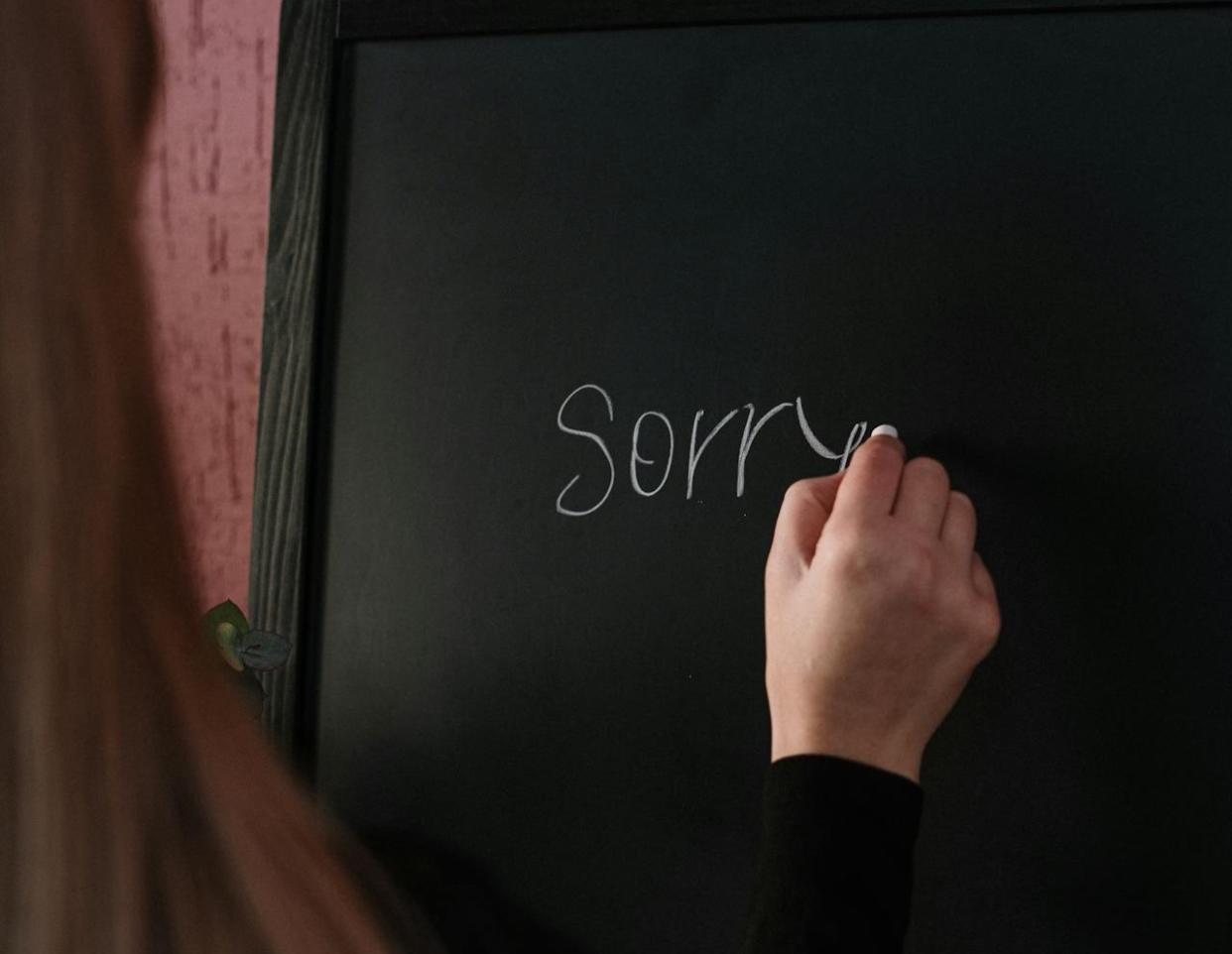Not sorry for a culture of not saying sorry

In life and in my career as a public relations (PR) practitioner, I’m a firm believer that there are a couple of magic words that have great power. They are: 'please', 'thank you', and the most important of all, 'I’m sorry'.
Sadly, I’ve noticed that the word ‘sorry’ doesn’t seem to be in people’s vocabulary these days.
When sales assistants or customer service representatives are confronted with a complaint, their initial response is usually a defensive statement trying to justify an action or inaction, or worse yet, they do what we refer to in Malaysia as a “tai-chi”, i.e., they try to palm off the blame on someone else.
Seldom, if ever, does the customer get an apology.
At the corporate level, the word ‘apologise’ has replaced ‘sorry’, due to fear of an admission of guilt, and possible subsequent liability.
I believe that when something goes wrong, saying ‘sorry’, and saying it like you mean it, goes a long way in soothing ruffled feathers and calming down the party that feels slighted, aggrieved, or disappointed, or even angry.
Saying sorry immediately has the power to diffuse a situation instantly.
Recently, a friend’s daughter accidentally opened a parcel, which was addressed to her mother. It was unintentional. The young lady had been expecting a delivery, and when she saw the parcel on the counter when she returned home from work, she immediately assumed it was for her, and opened it without looking at the name.
Once she saw the contents, she realised it was for her mother. Guess what she did? She simply left the parcel on the counter without a word to anyone. She didn’t bother to tell her mother about it, or even apologise. The next morning, the mother – my friend – finds her opened parcel and calls her daughter, whom she knew was the culprit.
Upon answering her mother’s call, the young lady, instead of apologising profusely, launched into full-on defensive mode. “I was tired … and I didn’t see the name on the box,” she tried to justify. Not once did she use the word “sorry”.
The same thing happens in the work environment, too.
“Sorry” doesn’t seem to exist in the vocabulary of millennials and Gen Z. When they’re late for work or for a meeting, “traffic jam!” is the excuse. They make a mistake; some lame excuse is blurted out.
But never the word “sorry”.
“Sorry seems to be the hardest word” is more than just a song by Elton John.
So recently, I started offering guidance on how to make a proper apology:
Say sorry: “I’m so sorry”, and mean it.
Explain that you understand the gravity of the error.
Then explain why the error occurred.
Explain what actions or steps that will be taken to ensure that it doesn’t happen again.
Close by saying “sorry” again, “I hope you can forgive me”, or “I’ll do my best to make sure it doesn’t happen again”.
Take lessons from the error. To quote John F. Kennedy, “An error does not become a mistake until you refuse to correct it”.
Making a sincere apology is an art form, and good manners will never go out of style.
The views expressed here are the personal opinion of the writer and do not necessarily represent that of Twentytwo13.
The post Not sorry for a culture of not saying sorry appeared first on Twentytwo13.


